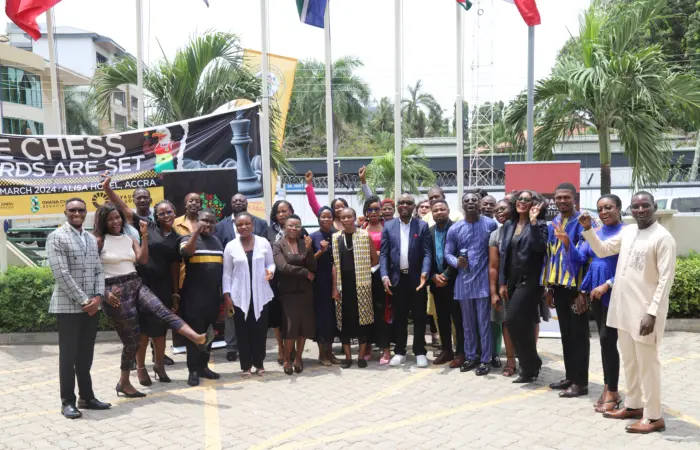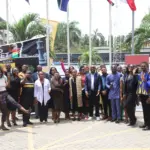As Nigeria continues her experiment with democracy, the threats to democratic consolidation have become more insidious resulting in a sharp decline in electoral integrity. Key amongst these threats is the desperation of the political class to secure political power at all costs without recourse to electoral rules and guidelines. This is manifested in rancorous and violent party primaries, vote trading, compromise of election officials, political thuggery and violence. With institutions of accountability manifestly weak, perpetrators of electoral fraud and violence evade justice. Tragically, some of these institutions are culprits in undermining the integrity of elections and assaulting voting rights.
Since the 2019 general elections, every election conducted by INEC reinforces the fragility of Nigeria’s political system and the depth of citizens’ disillusionment with election management and attitude of the political class. The 2019 governorship elections in Bayelsa and Kogi were not an exception as Nigerians witnessed another highly contrived election marred by violence, malpractice and fraud. Political parties failed to contest the elections in line with the rules of the game and instead opted to buy votes, manipulate the courts for political advantage, and compromise the political environment to prevent political competition. Politicians recruited thugs who systematically disrupted polls and intimidated election officials and voters in full view of security officials. In most cases, security officials acted helplessly as if they were under instruction to support the brigandage or refrain from neutralizing certain security threats such as arm stockpiling and recruitment of thugs in certain parts of the states.
In the Bayelsa governorship election, Yiaga Africa’s PVT revealed that there were no elections in approximately 25 percent of polling units and that the collation process for the election was manipulated particularly for Southern Ijaw Local Government Area where elections didn’t hold in 51 percent of polling units, suggesting that up to half of all polling units in the LGA did not open. However, INEC announced that a total of 130,121 votes were cast in Southern Ijaw out of 165,449 registered voters for a turnout of 79 percent. This is not possible given the widespread failure of polling units to hold elections across the LGA. This called into question the official results announced by INEC and credibility of the election. For the Kogi election, Yiaga Africa called for the cancellation of the election because the people of Kogi were denied the opportunity to fully exercise their right to vote. Key stakeholders like the Police,political parties, the major candidates and their state and non-state accomplices deliberately worked to undermine the election. Consistent with standard PVT protocols and international best practice, Yiaga Africa declined to release its PVT results data because the process was severely compromised.
The Bayelsa governorship election, Kogi governorship and Kogi West senatorial elections, held on November 16, provided an opportunity for all election stakeholders to change Nigeria’s electoral trajectory, especially following the 2019 general elections. While this trajectory was not changed, there are still opportunities for improvement, especially with the next round of off-cycle elections. The National Assembly must as a matter of urgency prioritize electoral reform in their legislative agenda. President Muhammadu Buhari must prove to Nigerians that he is committed to electoral reform and leave a legacy of reforms that end electoral impunity, strengthen democratic institutions and deepen the culture of democratic accountability.




